[ad_1]
(Reuters) – A plan to demolish a derelict NFL stadium near Detroit went awry on Sunday when a deafening series of blasts failed to topple the Pontiac Silverdome, to the frustration of officials and the bemusement of a crowd gathered to watch the spectacle.
Fans of the Detroit Lions, the team that called the Silverdome home until moving to a downtown stadium after the 2001 season, joked on social media that the failed implosion was by no means the first time they found themselves leaving the stadium parking lot disappointed. The Lions have not won a National Football League championship since 1957, the league’s second longest title drought.
“Guess the Silverdome went through one too many implosions in its history,” the sports desk of the Detroit Free Press wrote on Twitter.
Live video footage of the planned demolition, which Pontiac city officials said was to make way for new development, was broadcast online on Sunday morning for nostalgic fans and those who enjoy watching large structures collapsing in smoke.
What they saw, according to clips posted online, was plumes of smoke exploding out at regular intervals around the stadium’s perimeter with a smattering of loud bangs.
After the smoke wreathed upward and faded, the stadium was still standing proud, looking little different from what it has since its 1975 opening.
Picture Supplied by Action Images
Demolition officials were quick to state the obvious. “That didn’t work,” one official onsite said to two colleagues, the Detroit Free Press reported.
Demolition officials said about 10 percent of the charges had failed to detonate, perhaps because of a wiring issue, the newspaper reported.
“Unless we find something in the next few hours researching the wiring, we will take it down mechanically,” Rick Cuppetilli, the Adamo Group’s executive vice president, told the Free Press. “We haven’t found the wire yet. It’s going to take us a while to research it all.” Gravity may yet belatedly pull it down anyway, he added.
Pontiac Mayor Diedre Waterman, who witnessed the failed implosion, told reporters that the stadium’s tenacity gave people “a chance to share their memories and their nostalgia a little bit longer than we expected.”
The stadium also hosted the 1982 Super Bowl and major bands like Led Zeppelin. It reopened in 2010 for various sporting events until its roof collapsed in 2013.
Still, the mayor said, she wanted the stadium down. “We didn’t want it sitting here as a blight property,” she said.
Reporting by Jonathan Allen in New York; Editing by Peter Cooney
[ad_2]
Source link

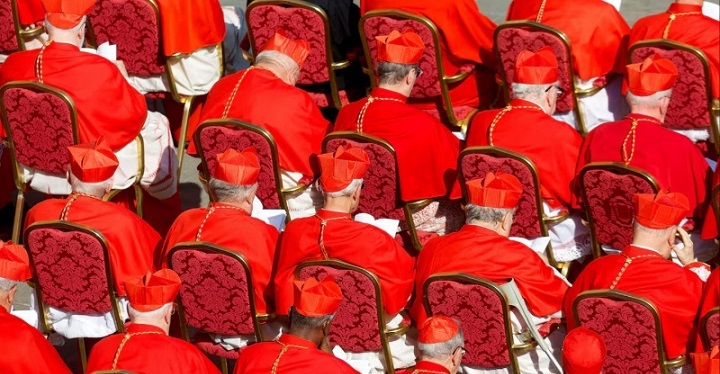
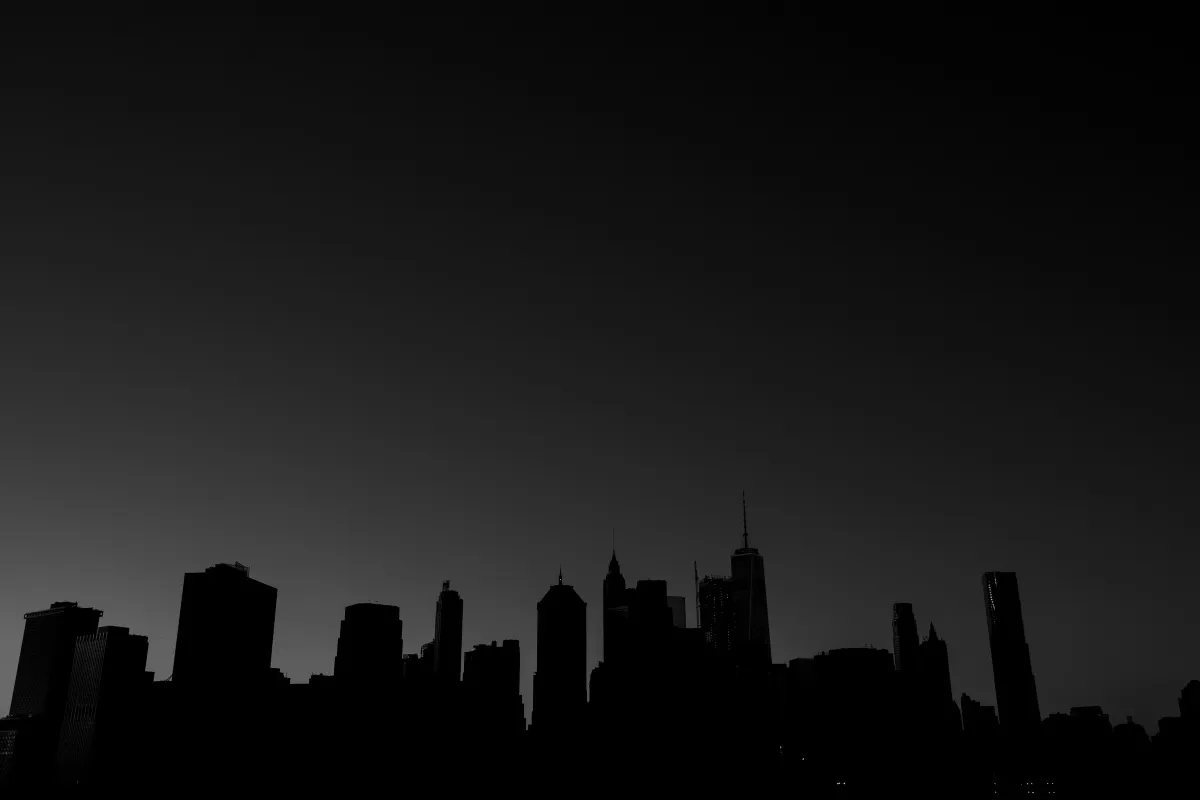
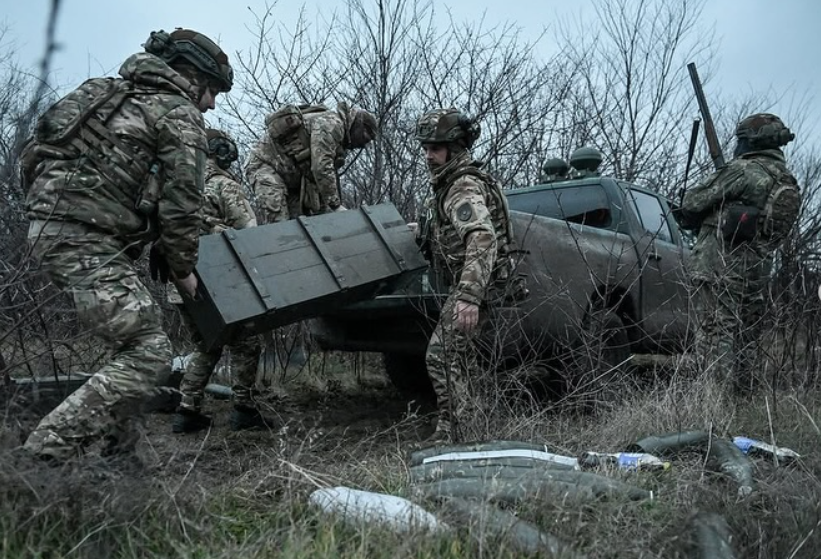
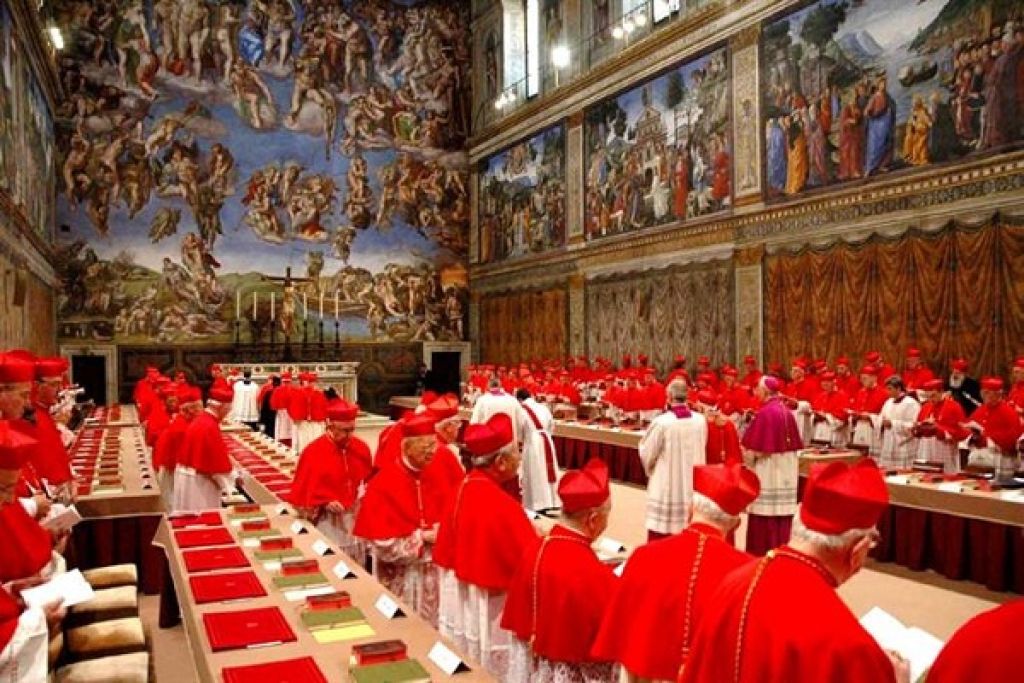
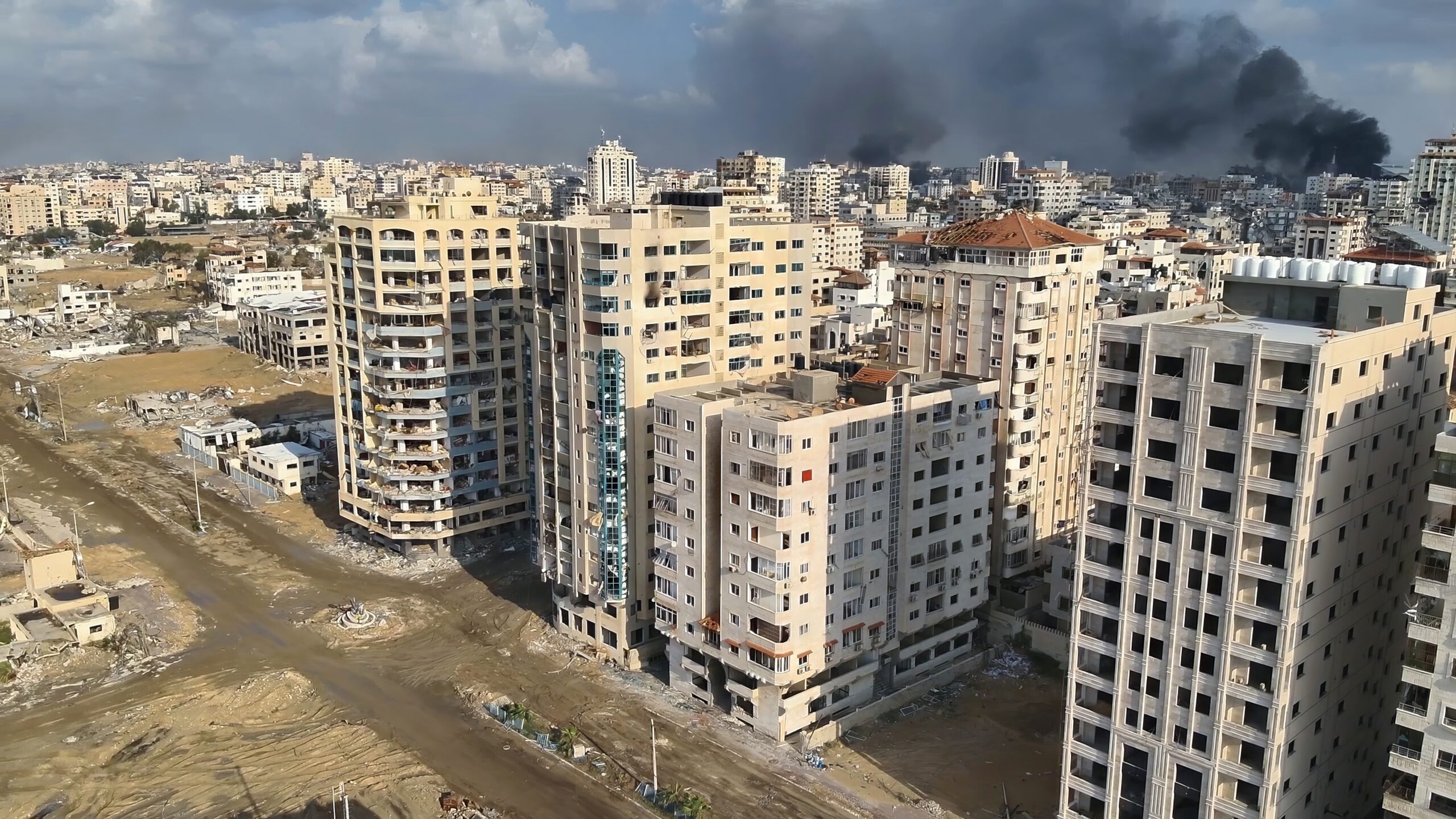
Leave a Reply